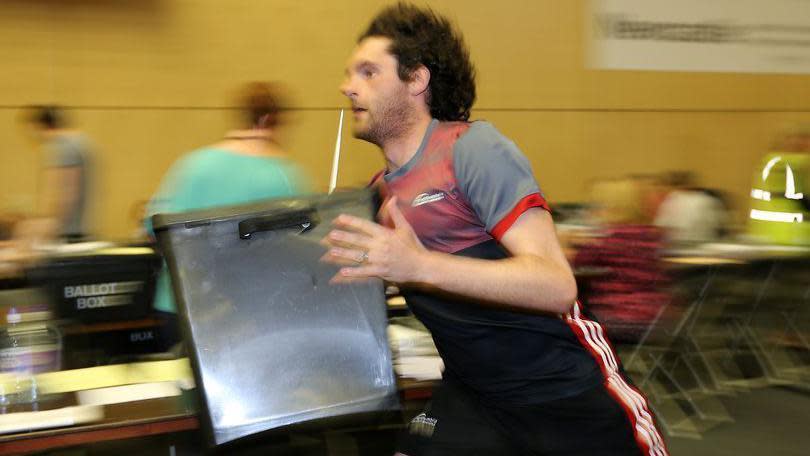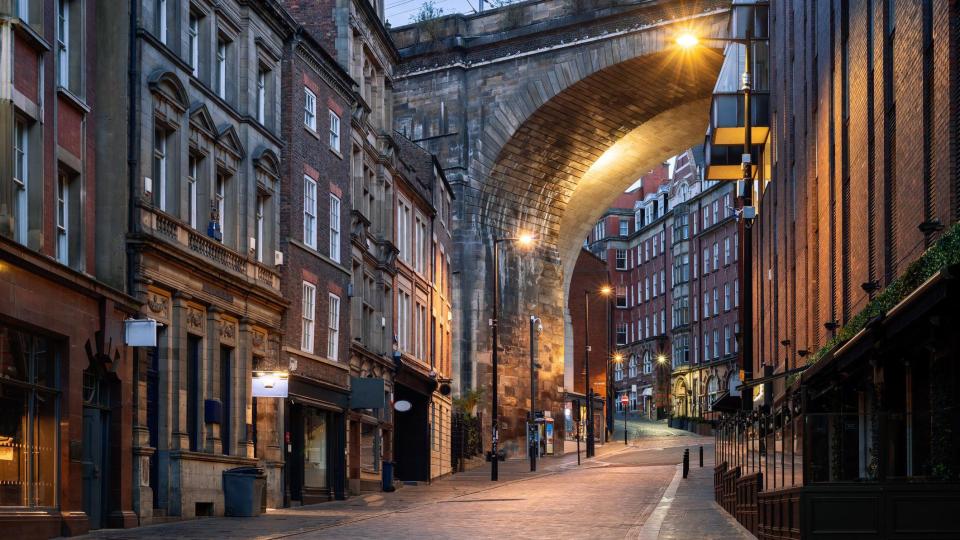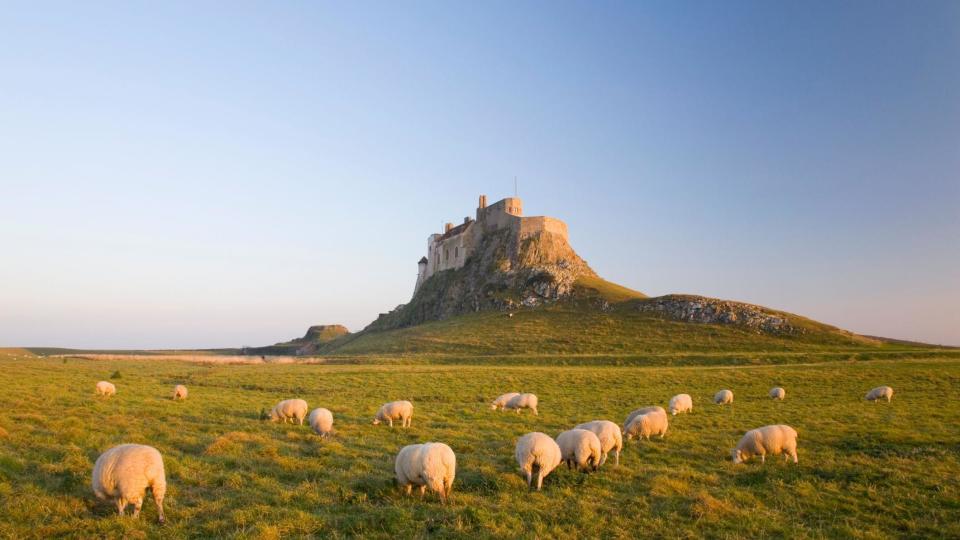Who will be the first to return election result?

Newcastle and Sunderland are known for their regional and footballing rivalry, but they are also fiercely competitive when it comes to being the first in the country to declare a general election result. The Local Democracy Reporting Service assess this year's favourites and a surprise contender.
For many years, Sunderland’s counters were famously known as the fastest in the country – making the first announcements at every general election from 1992 to 2015.
But it has been Newcastle that has taken that accolade on the last two occasions, 2017 and 2019, though both councils have long insisted they are not in a race.
For 2024, however, Newcastle appears to have ruled itself out of declaring first.

While their first declaration times at the last two general elections have come in at 23:01 and 23:27, both within 90 minutes of polls closing, Newcastle City Council is briefing that it does not expect to declare the winner of the Newcastle Central and West seat until about 01:15 BST on 5 July.
Local authority officials on Tyneside are being cautious this time around, with a number of changes having come into play since the last general election in 2019.
That includes a major redrawing of the parliamentary constituency boundaries, which means that Newcastle will be reliant on some ballot boxes being sent in from wards in neighbouring North Tyneside for two of its three seats.
The sight of students sprinting hurriedly across the sports hall at Northumbria University’s Sport Central with ballot boxes has also become a rarer feature over recent local council elections, a change that was enforced at the first Covid-era count in May 2021 when there were strict hygiene measures in place.
There is also still uncertainty on some key factors that are key to having a well-oiled ballot counting machine, including how many staff the council will have on the night.

Back on Wearside though, expectations remain that the declarations will come relatively quickly.
Sunderland is anticipated to have begun declaring at about or before midnight and to have its three seats - Houghton and Sunderland South, Washington and Gateshead South and Sunderland Central - all declared by 01:00.
But there is another North East name that could compete to top the timing sheets this year.
In 2019, Blyth Valley was the third seat to be declared overall. The result caused shock waves as Ian Levy took the seat for the Conservatives for the first time ever.
But it also came slightly later than it might have, having needed a recount, and the feeling is that it could have been first to declare if not.
While Blyth Valley is no more following the boundary review, Ashington and Blyth will be the first seat in Northumberland to declare at a time currently estimated at 23:30.

It is also known that top election administrator Bill Crawford, the man who led Sunderland’s rapid counts for years and subsequently masterminded Newcastle’s success, will be on hand in Northumberland on 4 July.
At the other end of the scale, Northumberland faces a major logistical challenge for some of its other seats.
North Northumberland will be the last seat in the county to be counted, with an estimated declaration of 03:15 as things stand – though that is dependent on some key complicating factors including the weather.
The sheer size of the constituency makes getting all the votes to the count in Blyth a big task in itself, coupled with the fact that the tides on Holy Island have been known to cause problems in the past.

On 4 July, Northumberland County Council’s website states that it will be safe to cross from 16:20 until 23:55 which should leave plenty of time to get ballot boxes off the island this year.
North Northumberland will be counted after the Hexham constituency, now the largest constituency in England following the Boundary Commission review which saw the abolition of the neighbouring Penrith and the Borders seat.
The constituency covers more than 1,000 sq miles (2,800 sq km) and ballot boxes will have to come in from remote villages such as Kielder, 60 miles and an hour-and-a-half's drive away from Blyth.

Follow BBC North East on X (formerly Twitter), Facebook and Instagram. Send your story ideas to northeastandcumbria@bbc.co.uk.


